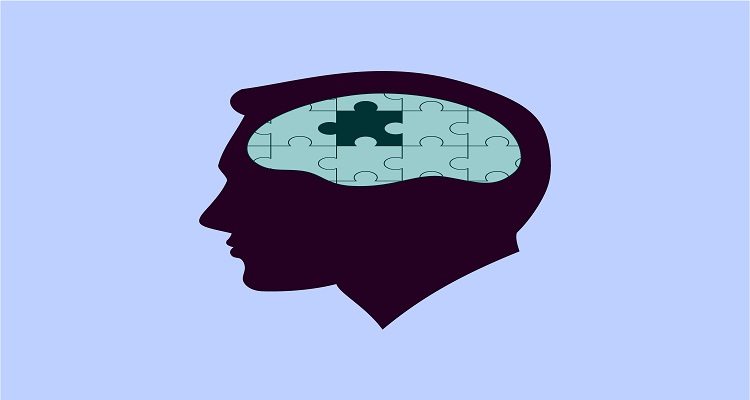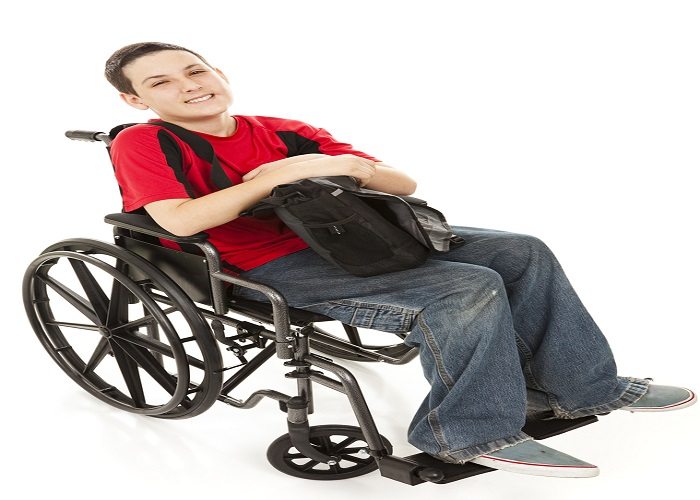Various Types of Mental Disability Categories

A mental disability can be as crippling to a person as a physical disability. According to the National Alliance on Mental Illness, a mental disorder is a disease that impacts your ability to think or feel or can even affect your mood. This condition can also impact your ability to have meaningful social interactions and can even affect your ability to work.
If your mental disability is so severe that it impacts your ability to manage any kind of substantial gainful activity, then you may qualify for Social Security benefits.
Qualification Criteria for Social Security Disability?
The Social Security Administration has a Blue Book which lists out the types of mental disabilities that would qualify for disability benefits. Here is how a mental disability is assessed to be eligible for SSD or SSI:
- Your mental disability must stop you from being able to do the work you were engaged in before the onset of the condition
- This disability must also prevent you from being trained to do any other kind of work
- This disability should be expected to last at least a year, or be a long-term illness
Various Types of Mental Disability Categories
The Social Security Administration recognizes several categories of mental disorders that can qualify for disability benefits, such as:

- Organic Mental Disorders:
Organic Mental Disorders, also called Organic Brain Syndromes, are diseases caused due to damage to the brain caused by a disease or injury. OMDs include conditions such as dementia, delirium and diseases such as Alzheimer’s. These afflictions can lead to serious mental and behavioral problems in a patient.
- Affective Disorders:
Affective Disorders are also known as Mood Disordersand can range from mild depression to a serious form of psychosis such as bipolar conditions.
- Psychotic Disorders:
Psychotic Disorders are severe mental disabilities that impact a person’s thinking as well as perceptions – such people lose touch with reality. Schizophrenia and paranoia are psychotic disorders. If your condition is really severe, you may automatically qualify for Compassionate Allowance from the SSA. This means that you will be able to collect your disability benefits much sooner.
- Intellectual Disorders:
This term was originally called “mental retardation” by the SSA and refers to mental disability due to severely low IQ. In cases of intellectual disorders, the applicant is required to go through IQ tests and other assessments proving low intellectual function. In a lot of such cases, the SSA has to decide whether a person with an intellectual disorder has the ability to do the simplest types of unskilled work. If the person cannot perform even the simplest tasks, then he or she is awarded disability benefits.
- Anxiety Disorders:
Anxiety Disorders are the most common type of mental disability that the SSA has to deal with. Anxiety is classified as a disability when it significantly impacts a person’s ability to work, have relationships or even live a normal life. Conditions such as various phobias, panic attacks, obsessive-compulsive disorder, stress disorders (including PTSD) and generalized anxiety disorders can qualify for disability benefits.
- Personality Disorders:
Personality Disordersare actually a collection of different mental disabilities that impact a person due to which deviant behavior takes place. When left untreated, these conditions can be extremely serious. Examples of personality disorders are schizoid personality, antisocial personality disorder, avoidant personality disorder, etc.
- Somatoform Disorders:
Somatoform Disorders are conditions that have physical symptoms but have mental or psychological causes. People with this disorder show real symptoms of a physical disease. When they undergo tests, however, there is no physical evidence of the disease. People will usually have a medical history of multiple doctors and specialists and various prescriptions but no real diagnosis of an illness.
- Substance Abuse Disorders:
These are mental disorders caused due to substance abuse such as alcoholism and addiction to prescription drugs or illegal drugs.
- Autism Spectrum Disorder:
Also called Autism Spectrum Disorderand Pervasive Developmental Disorders, these mental disabilities are caused by neuro developmental issues and impact communication, social skills, cognitive skills and behavior.
- Eating Disorders
- Stressor- and trauma-related mental disabilities
Mental disabilities, if left untreated, can be life-threatening – to the patient as well as those around him or her.











